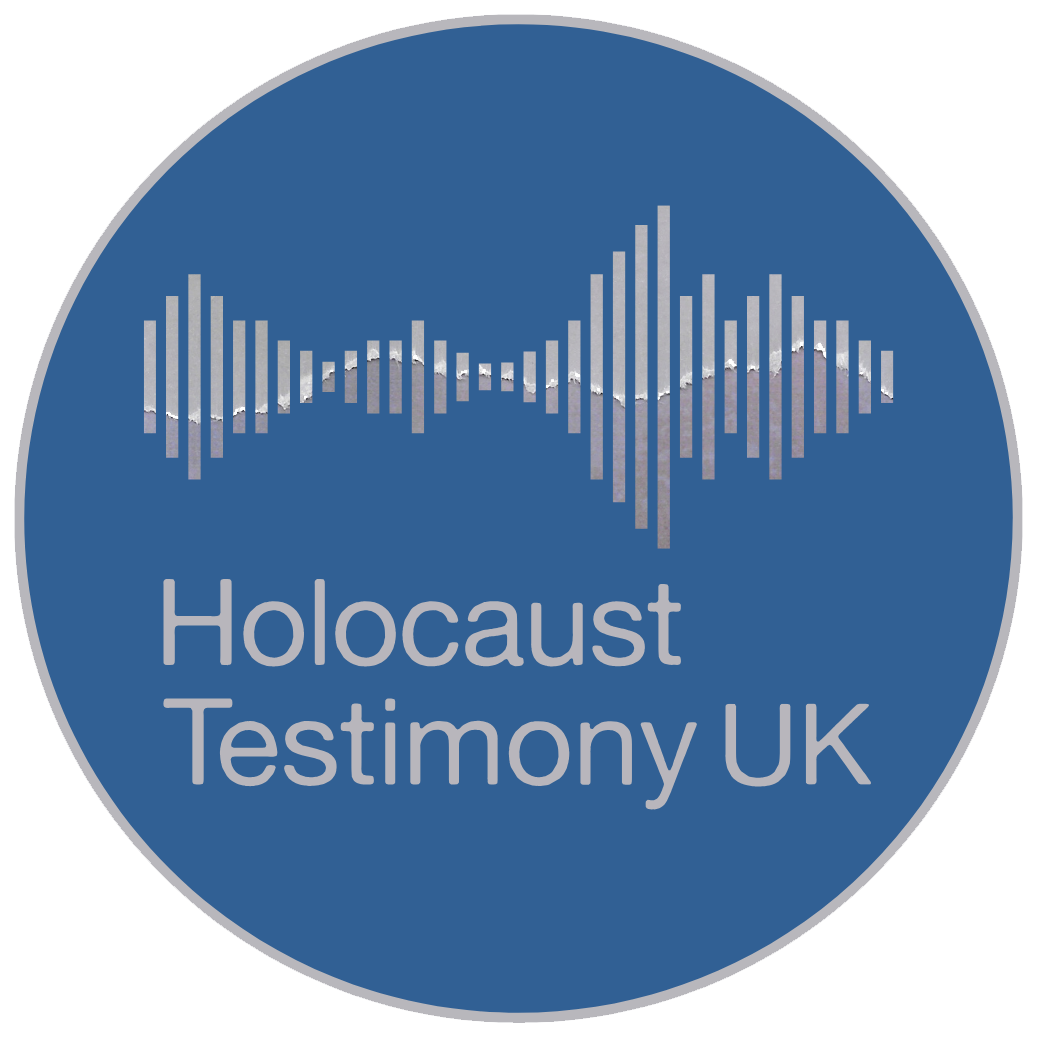<message>

Name
Born:
N/A
Place of Birth:
N/A
Date of Interview:
30/10/06
Place of Interview:
Interviewed by:
Name (Clickable)


It looks like this interview is hosted by one of our partners
Please click the link below to be redirected...
Visit Partner Website



INTERVIEW:
<name>
Born:
00/00/0000
Place of Birth:
Rindbach
<name>
Born:
00/00/0000
Place of Birth:
Institution:
<partnerName>
Collection:
Date of Interview:
30/10/06
Interviewed By:
Dr Anthony Grenville

Interview Summary
Carl Flesch was born in 1910. His father, also called Carl Flesch, was an internationally famous violinist. Carl was baptised as a baby. He was educated at a traditional Berlin Gynmasium, and later at the progressive school Salem, whose headmaster, Kurt Hahn, later founded Gordonstoun School.
Carl studied Law at Freiburg, Berlin and Heidelberg, but his legal career was cut short in 1933 when the Nazis dismissed Jews from all government posts. He then left for Holland, where his mother came from, and in 1934 moved on to London. He initially struggled to find a permanent job and moved often between different flats.
Later Carl married and established an insurance business, Leoni Flesch & Co., where he specialised in insuring musicians, concerts and musical items. He lived through the Blitz in London, and managed to avoid being interned thanks to his Hungarian nationality which he inherited from his father.
Carl’s parents went to Holland at the outbreak of war, where they were saved by the intervention of the conductor Furtwängler.
After the war Carl was active in the Self Aid of Refugees and the Association of Jewish Refugees (Board member, member of committee for Eleanor Rathbone House, organised annual concerts for Self Aid). He retired in his seventies, and wrote four books, mostly memoirs from the perspective of a refugee.


